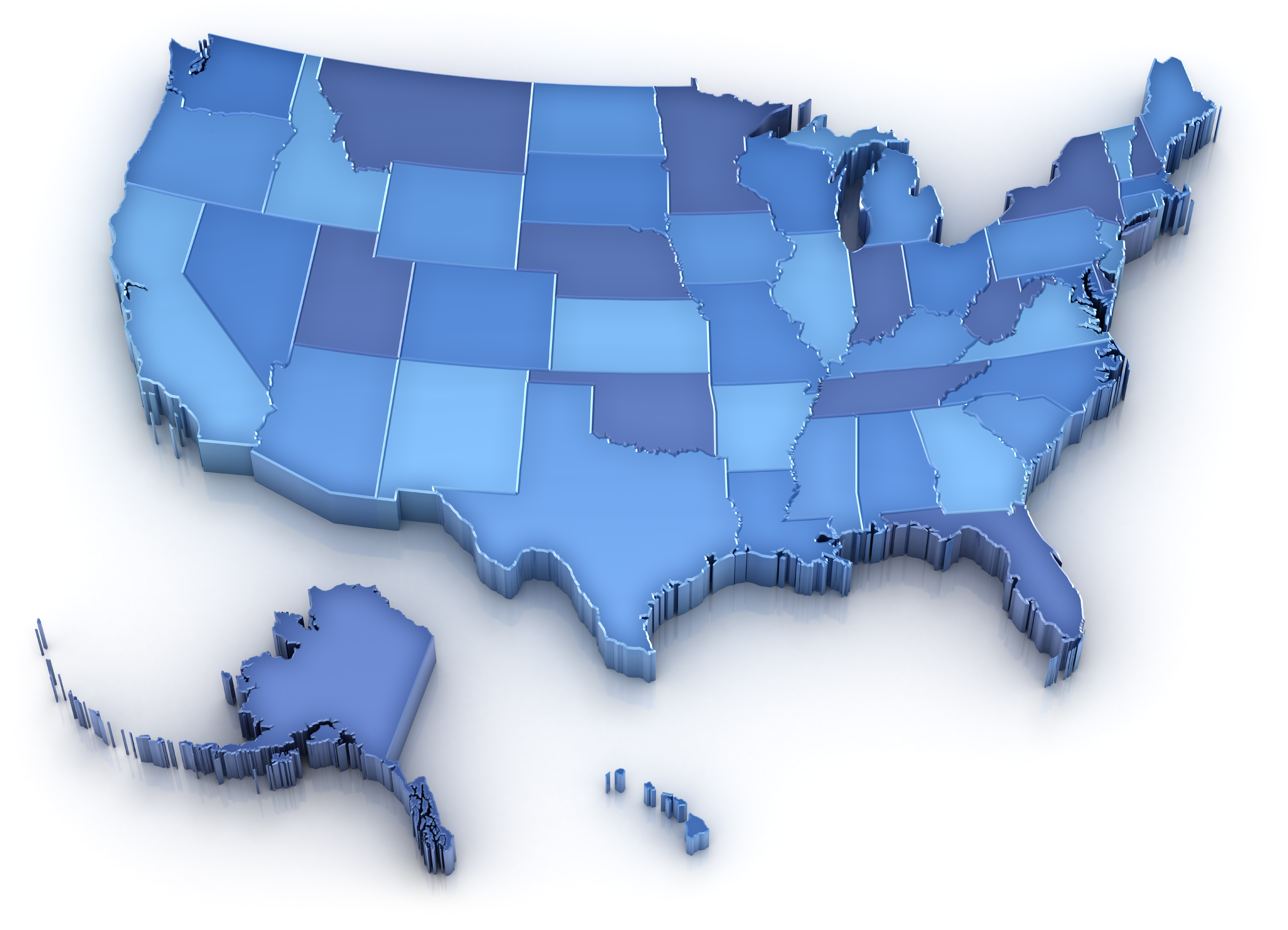
It’s the time of year again when we are taking a look at 2021’s top ten most read posts. This year, we witnessed an increased risk of trade secret theft due to the Great Resignation, proposed trade secret misappropriation penalties as a result of Chinese government trade secret espionage, and the expansion of ITC involvement in trade secret misappropriation. Take a look at our top ten posts that highlight these key developments.
Continue Reading The Year’s Most Popular Posts







